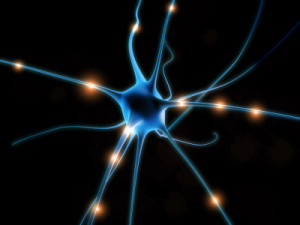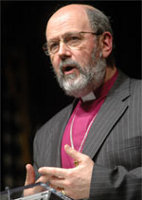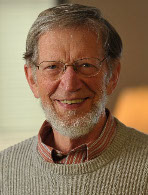









 Here’s part three of the series on philosophy of mind. We’ve moved from dualism in part one through to physicalism in this episode. I look at epiphenomenialism, reductionism, nonreductive physicalism and a constitution view.
Here’s part three of the series on philosophy of mind. We’ve moved from dualism in part one through to physicalism in this episode. I look at epiphenomenialism, reductionism, nonreductive physicalism and a constitution view.
As promised, here’s some suggested reading for those who want to look into the subject futher:
Nancey Murphy, “Nonreductive Physicalism and Free Will” http://www.metanexus.net/magazine/tabid/68/id/10501/Default.aspx
Nancey Murphy, “Is “Nonreductive Physicalism” an Oxymoron?” http://www.metanexus.net/magazine/tabid/68/id/10865/Default.aspx
Nancey Murphy and Warren Brown, Did My Neurons Make Me Do It?: Philosophical and Neurobiological Reflections on Moral Responsibility and Free Will (Oxford University Press, 2009).
Joel B. Green and Stuart L. Palmer (eds), In Search of the Soul: Four Views of the Mind-Body Problem (Downers Grove: InterVarsity, 2005). This volume includes contributions from Stewart Goetz (Substance Dualism), William Hasker (Emergent Dualism), Nancey Murphy (Nonreductive Physicalism) and Kevin Corcoran (Constitution View).
Joel B. Green (ed.), What About the Soul?: Neuroscience and Christian Anthropology (Abingdon Press, 2001). This volume includes contributions from Bill T. Arnold, D. Gareth Jones, Joel B. Green, Patrick D. Miller, Charles E. Gutenson, Stuart L. Palmer, William Hasker, Michael Rynkiewich, Virginia T. Holeman, Lawson G. Stone and Malcolm Jeeves.
Warren S. Brown, Nancey Murphy and H. Newton Maloney (eds), Whatever Happened to the Soul: Scientific and Theological Portraits of Human Nature (Augsburg Fortress, 1998). This volume includes contributions from Nancey Murphy, H. Newton Malony, Ray S. Anderson, V. Elving Anderson, Francisco J. Ayala, Warren S. Brown Jr., Joel B. Green, Malcolm Jeeves, H. Newton Malony and Stephen G. Post.
Kevin Corcoran, Rethinking Human Nature: A Christian Materialist Alternative to the Soul (Baker Academic, 2006).
The website of Timothy O’Connor, featuring a number of articles.
Happy reading, and I hope you find this episode interesting! 🙂
Glenn Peoples
Podcast: Play in new window | Download
UPDATE: Here the whole series, now that it is complete:
Part 1
Part 2
Part 3
Part 4
Part 5
Revisited
 Is Christian physicalism really the child of naturalism that gives essentialism the heave-ho?
Is Christian physicalism really the child of naturalism that gives essentialism the heave-ho?





 At last, the series ends. Here is part five of the series on the mind/body problem. This episode steps completely away from analytical philosophy and is an overview of some of the biblical material that bears on the subject. Although it’s a comparatively long episode (just under fifty minutes), it’s still a very sketchy overview. The subject is a large one, and at best I can get the ball rolling and encourage you to look further. Enjoy. 🙂
At last, the series ends. Here is part five of the series on the mind/body problem. This episode steps completely away from analytical philosophy and is an overview of some of the biblical material that bears on the subject. Although it’s a comparatively long episode (just under fifty minutes), it’s still a very sketchy overview. The subject is a large one, and at best I can get the ball rolling and encourage you to look further. Enjoy. 🙂 Here’s part three of the series on philosophy of mind. We’ve moved from dualism in part one through to physicalism in this episode. I look at epiphenomenialism, reductionism, nonreductive physicalism and a constitution view.
Here’s part three of the series on philosophy of mind. We’ve moved from dualism in part one through to physicalism in this episode. I look at epiphenomenialism, reductionism, nonreductive physicalism and a constitution view.